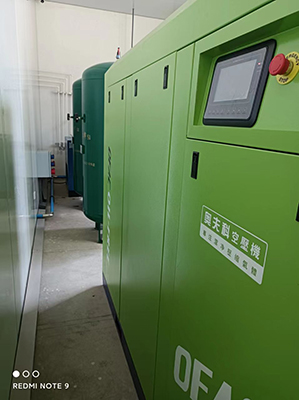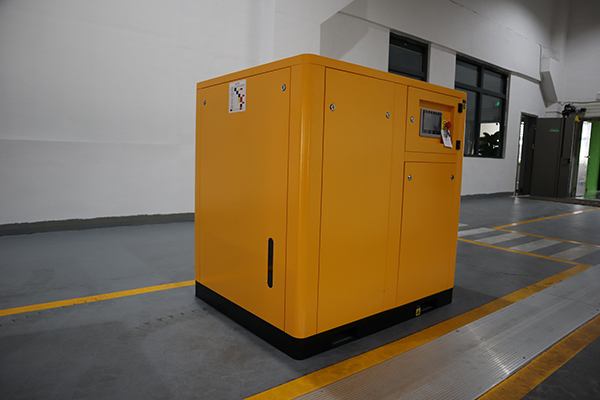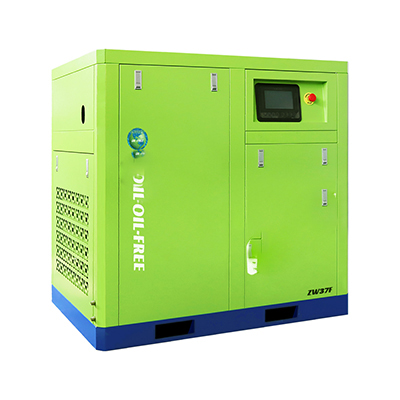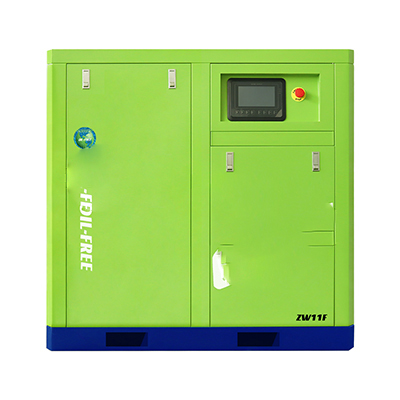Industry air compressor used in tire manufacturing plants for curing press operations
News 2025-10-27
Air compressors play a crucial role in the tire manufacturing industry, particularly in curing press operations. These machines provide the high-pressure air necessary to operate presses that vulcanize rubber, transforming it into durable tires. In tire plants, curing presses apply heat and pressure to mold raw rubber, and air compressors ensure consistent airflow for precise control. This process is essential for achieving the strength and flexibility required in modern tires, making air compressors indispensable in high-volume production environments.

Application in Curing Press Operations
Air compressors are integral to the curing stage, where they supply compressed air to actuate press mechanisms and maintain uniform pressure. In tire manufacturing, this involves inflating molds and controlling the curing cycle to prevent defects like uneven curing or blistering. Compressors must deliver reliable air flow rates, often ranging from 100 to 500 CFM, depending on press size. This application demands equipment that can handle continuous operation in harsh conditions, such as high temperatures and dust, ensuring seamless integration into automated assembly lines for efficient production.
Performance Advantages in Industrial Use
Industrial air compressors offer significant benefits, including enhanced efficiency and durability that reduce downtime in tire plants. Advanced models feature variable speed drives and energy-efficient motors, optimizing air delivery while minimizing power consumption. Their robust construction allows for high-pressure outputs up to 150 PSI, critical for maintaining consistent curing results. By improving process reliability, these compressors contribute to higher yield rates and lower maintenance costs, supporting the fast-paced demands of tire production and helping manufacturers meet stringent quality standards.
Frequently Asked Questions
1. What role does an air compressor play in tire curing?
It supplies high-pressure air to operate curing presses, ensuring even heat and pressure distribution for proper vulcanization of rubber.
2. Why is energy efficiency important for air compressors in this context?
Efficient compressors lower operational costs and reduce environmental impact by consuming less energy during the intensive curing process.
3. How do air compressors affect tire quality?
They provide precise air control that prevents defects, leading to stronger, more reliable tires with consistent performance characteristics.


